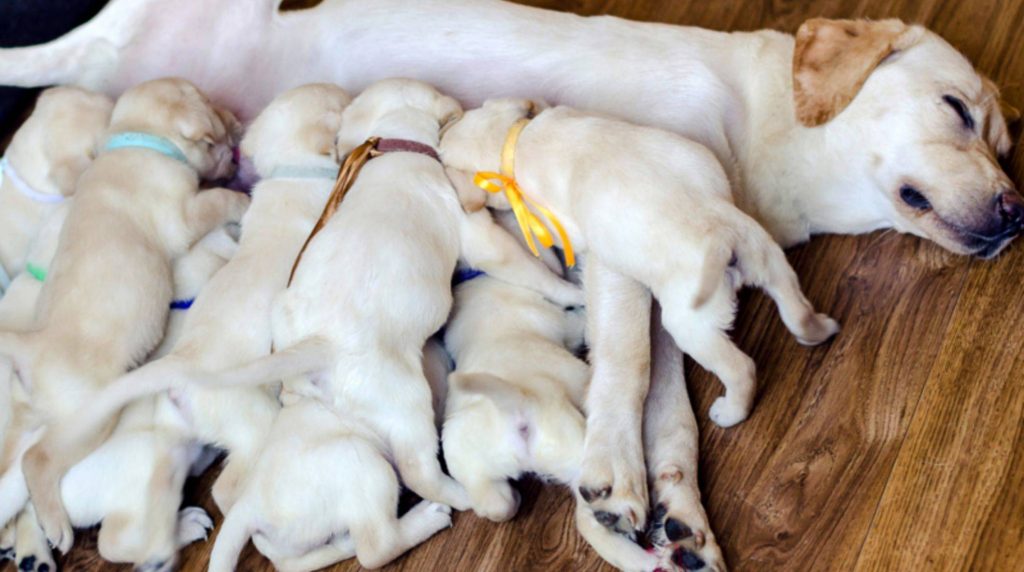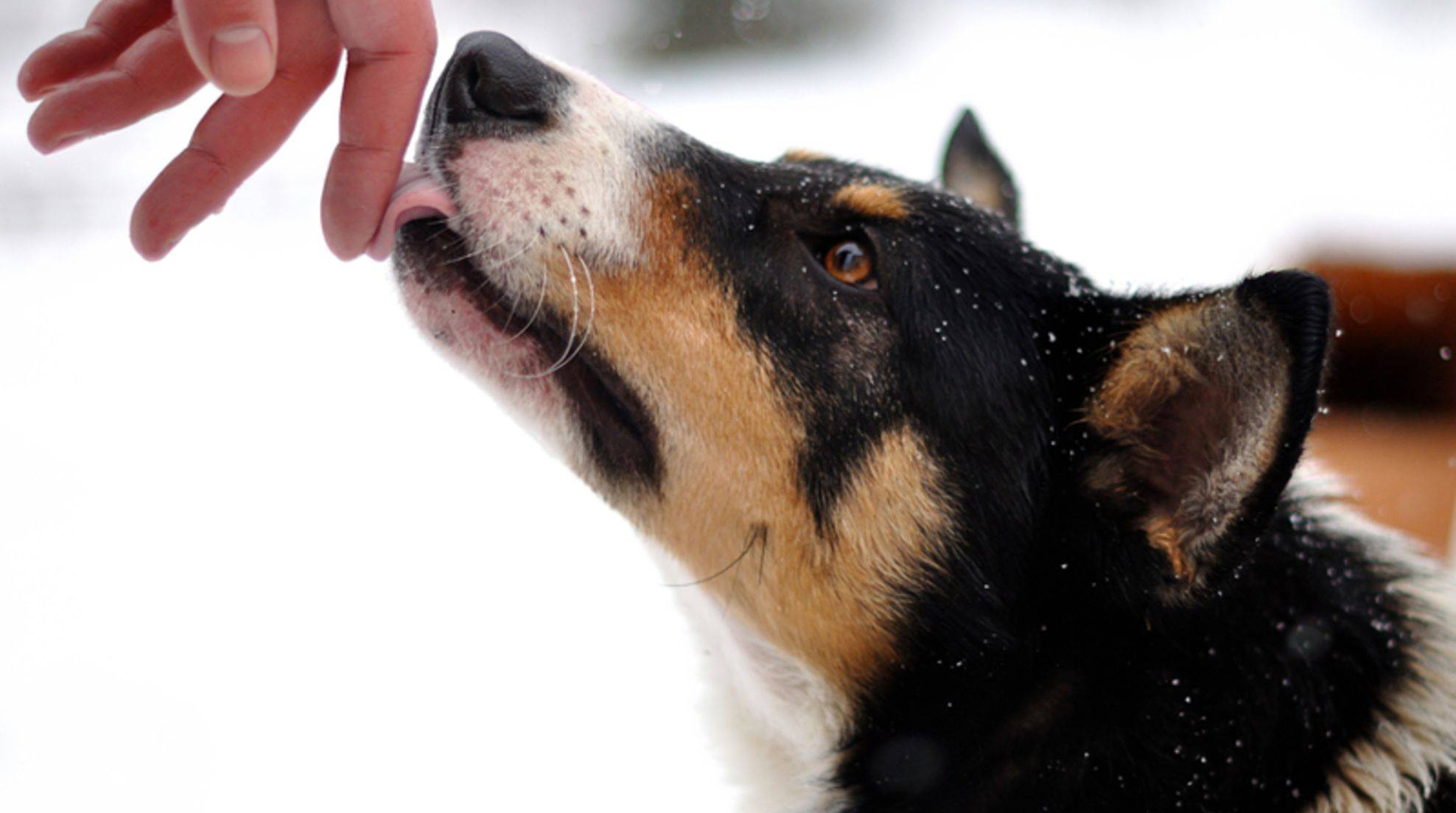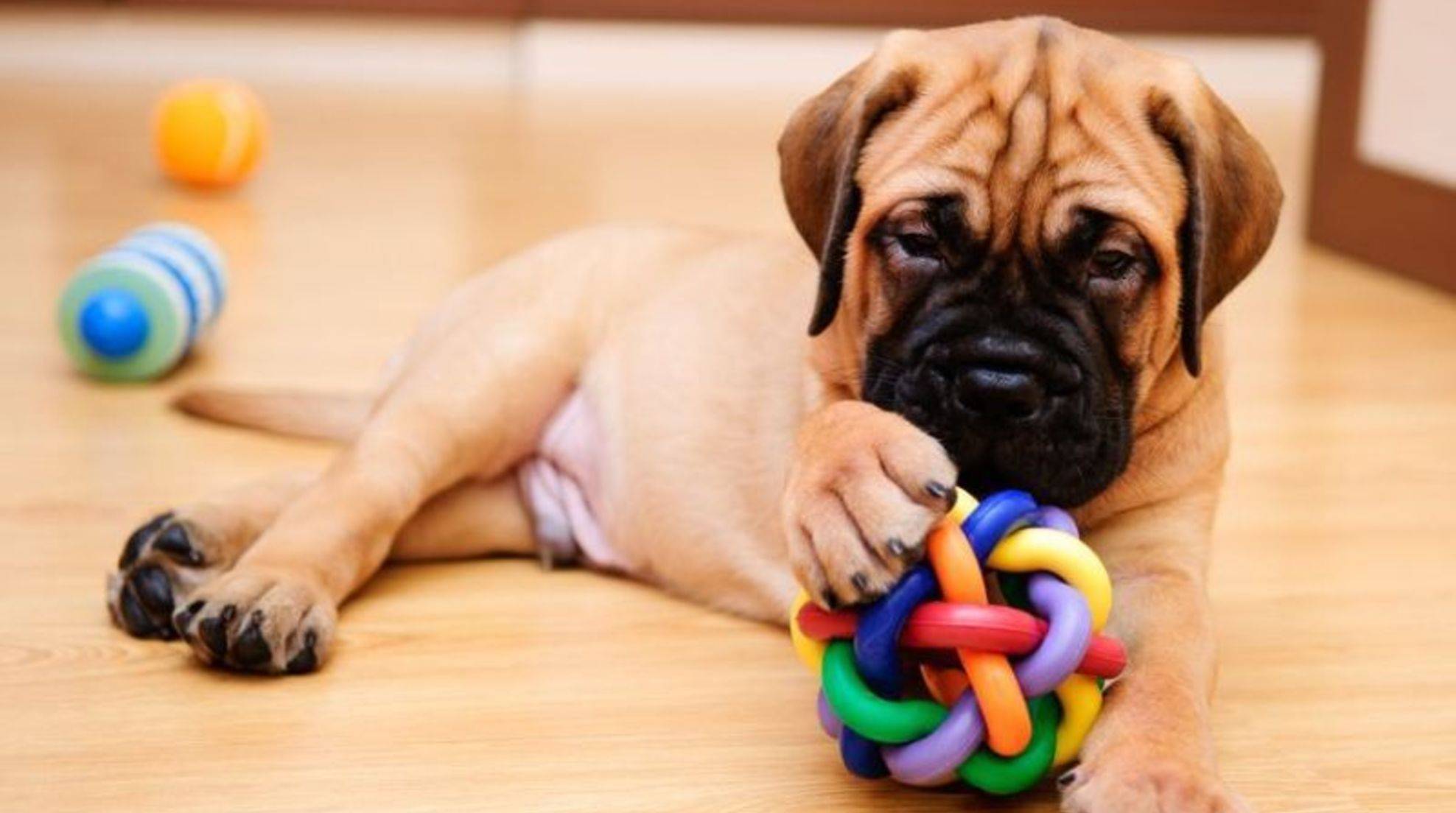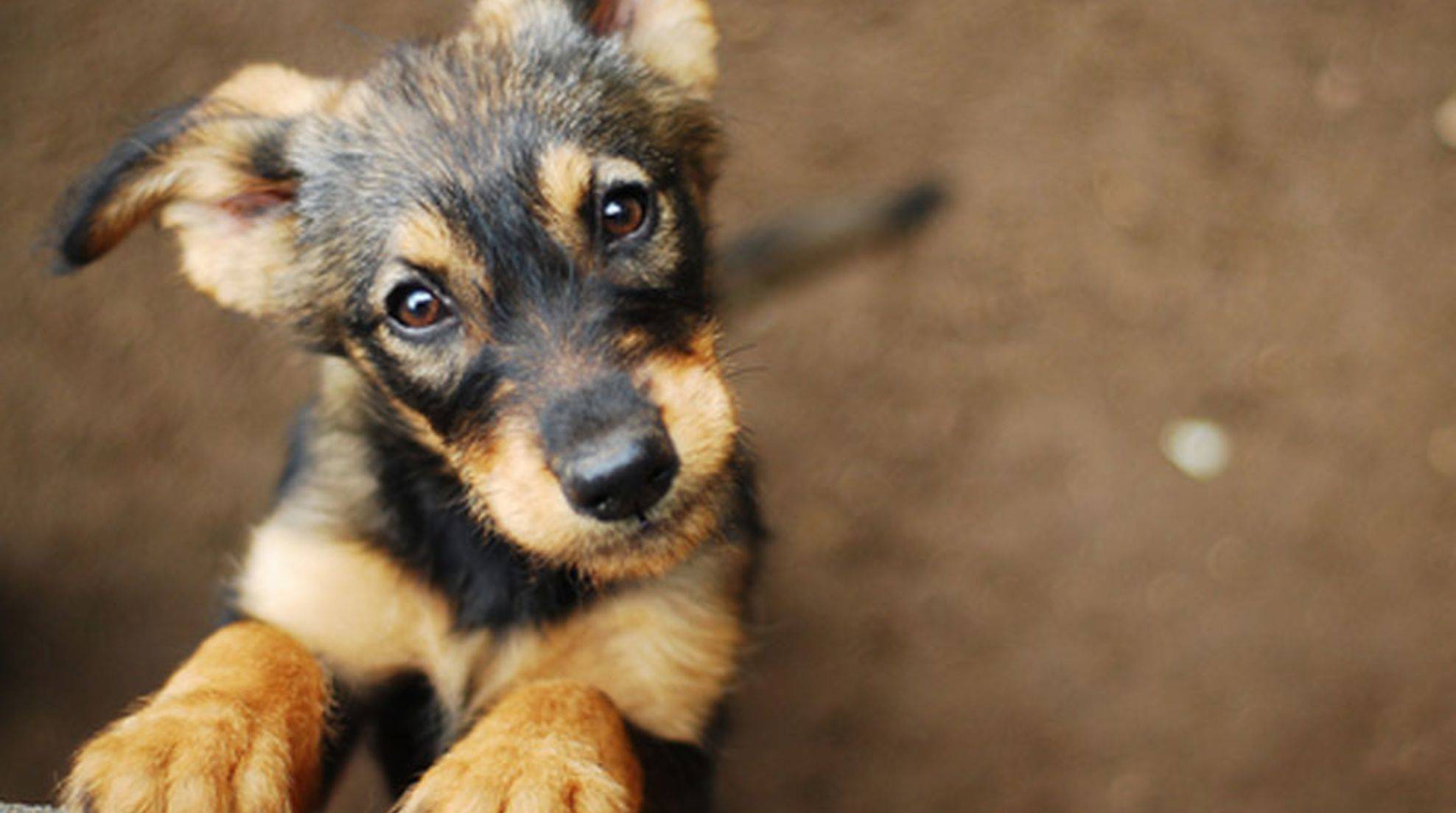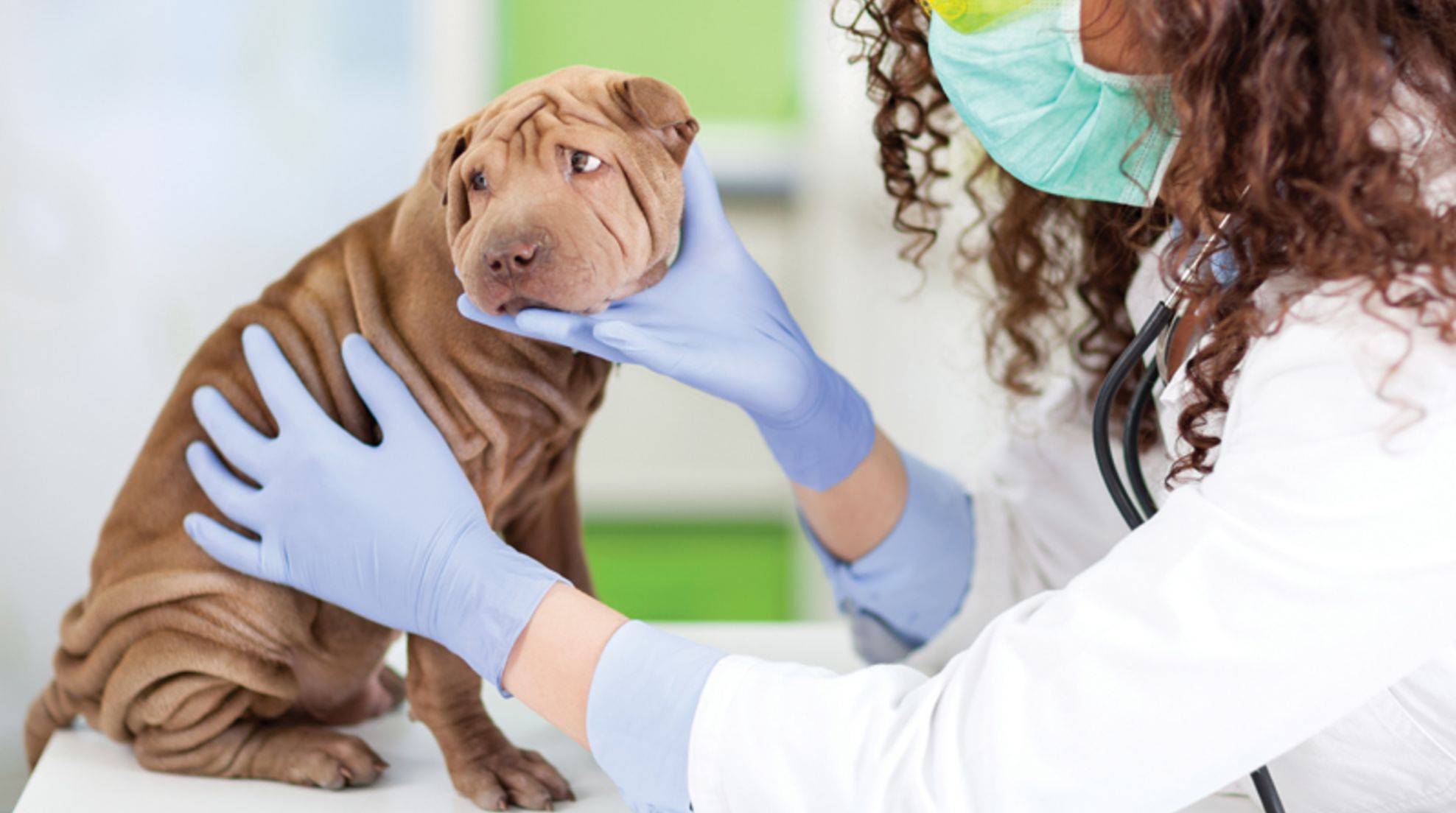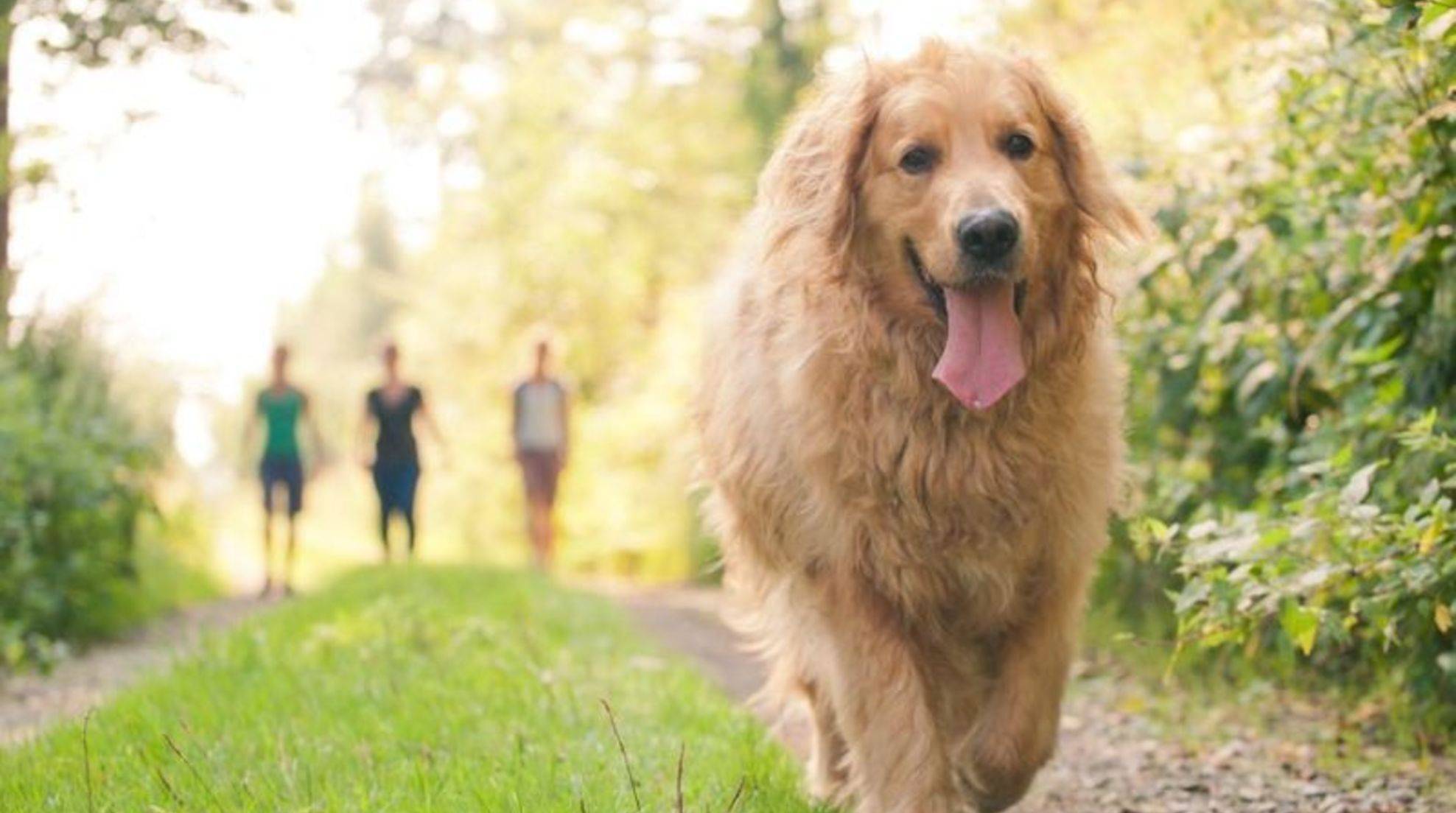After dog birth: mother rejects puppies, what to do?
When a mother rejects one or more of her puppies, many dog owners no longer understand the world. Yet several reasons can lead to such behavior in your four-legged friend. Read more here about the triggers, signs, and what you can do in such a case.
That a mother dog rejects, puppies may be downright shocking in many cases. This makes it all the more important to be aware of possible causes and react correctly in each case.
Mother dog rejects puppies: Possible reasons.
In some cases, mothers not only reject their puppies but even try to hurt their flesh and blood. No matter how difficult it may be to understand this behavior, many factors and scenarios can lead to it. Here are some of the most common reasons that a mother rejects her puppies after the dog is born:
● An illness or poor health of the dam.
● Mastitis is inflammation of the mammary glands or something else that causes the dam pain when nursing or caring for the puppies.
● If a litter or puppy is particularly weak, the mother may reject or even try to kill one or more puppies. This is the bitch’s way of increasing the other puppies’ chances of survival.
● Too many strangers are handling the litter.
● Stress and anxiety in the dam.
● Birth by cesarean section, which is sometimes necessary for breeds with large heads and small hips, can lead to rejection. The reason is that the mother cannot recognize her puppy and the maternal drive is absent. In the case of a cesarean section, the hormones responsible for this – unlike in normal birth – may not be released.
Nevertheless, even with the conditions and scenarios described, the vast majority of mothers will take the utmost care of their litter. Nonetheless, you should remain attentive. Is one of the mentioned or several points with your quadruped relevant: Pay attention to possible problems.
Warning signs that a puppy is rejected
If a mother rejects one or more puppies, this usually happens directly after birth or in the first weeks after the young animal is born. As the puppies get older, the risk of rejection decreases. However, if the mother of one of the puppies becomes ill later in life, the mother may continue to reject the offspring later.
The main warning signs to look out for include:
● Disinterest in the puppies: the mother does not want to care for or feed the young.
● Unhappy puppies, indicating this by whining or crying.
● The mother leaves the whelping box and her puppies for longer than usual. Or she hesitates to return to the pups when they send signals to get attention.
● A dog repeatedly pushed away from the mother while nursing.
● The mother snaps at or growls at one or more puppies – especially when the puppies are very young.
● The mother withdraws from the puppy that wants to be suckled.
● The dam herself refuses to feed is sick or underweight.
● The barrier has no desire to offer her teats to feed the puppies.
● The mother is rough with the puppies or even attacks them. Attention: react here immediately and save the puppy from the attacks.
If the mother animal rejects the puppies – this is what you can do.
If a mother animal behaves aggressively towards the offspring, you should immediately remove the puppy or puppies in question from the mother’s natural environment. This is important to ensure the safety of the young animal. More often than the entire litter, a mother rejects a single offspring, which often becomes all the weaker or even sicker. Pay special attention here to appropriate signs.
If the mother or individual puppies are in poor health or have inflammation of the mammary glands, you should have the dogs examined and treated by a veterinarian immediately.
If a mother abandons a puppy and stops feeding and caring for it, in many cases, the offspring must be raised entirely or partially by hand. Puppy replacement milk and small bottles necessary for this are available commercially – again, discuss the procedure with your veterinarian. Be aware that such feeding and care requires effort and time.

